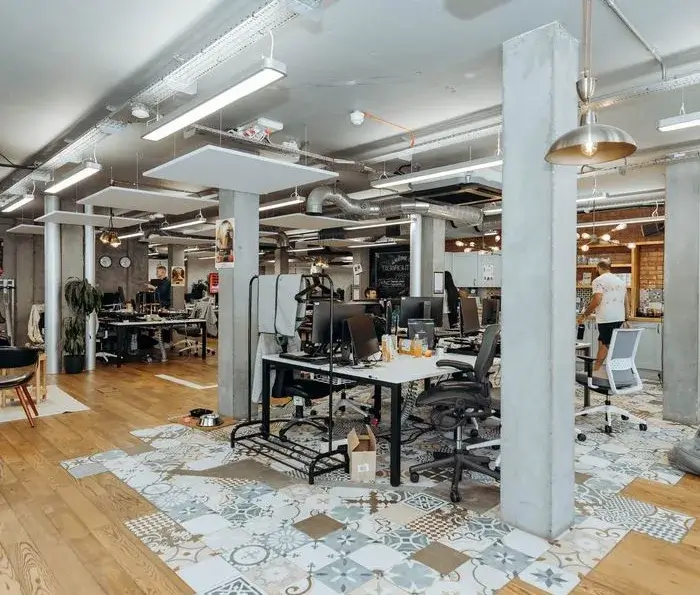Office News & Guides
- Flexioffices
- 11 February 2026
- Office Space Guides

Best Time To Search for a New Office With a 6–18 Month Timeline
Most office moves do not go wrong because the team chose a bad building. They go wrong because the business started late, so every choice beca...
- Flexioffices
- 5 February 2026
- Strategy & Planning, Wellbeing

The Hidden Costs of Choosing the Cheapest Office
Choosing cheap office space can feel like a win. The rent looks low, the agent says it will go fast, and you tell yourself you can fix the rou...
- Flexioffices Team
- 30 January 2026
- Serviced Office Space
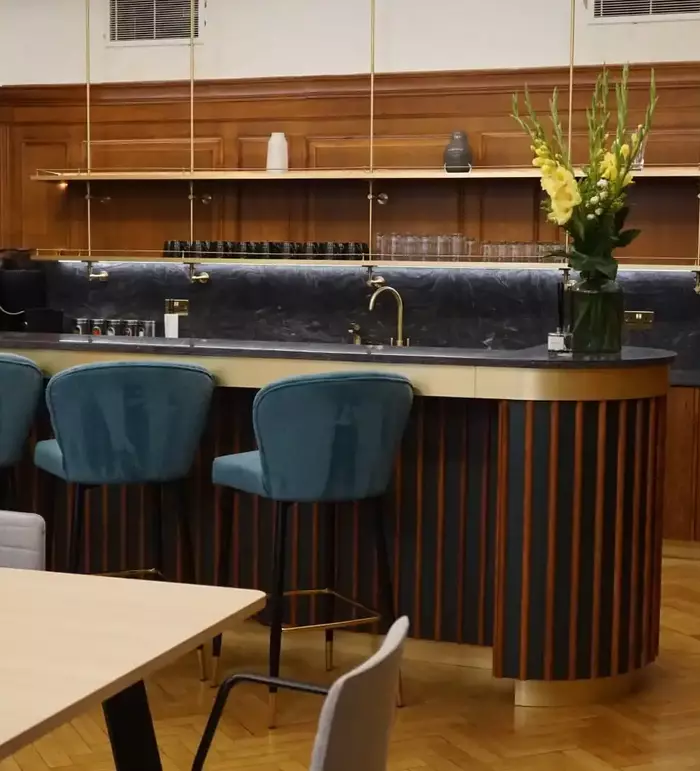
Serviced Office Space vs a Traditional Lease in London
If you are weighing up serviced office space options in London, you are probably trying to make a simple decision in a very expensive city: ho...
- Flexioffices Team
- 27 January 2026
- Fit-Outs, Productivity, Workplace Design
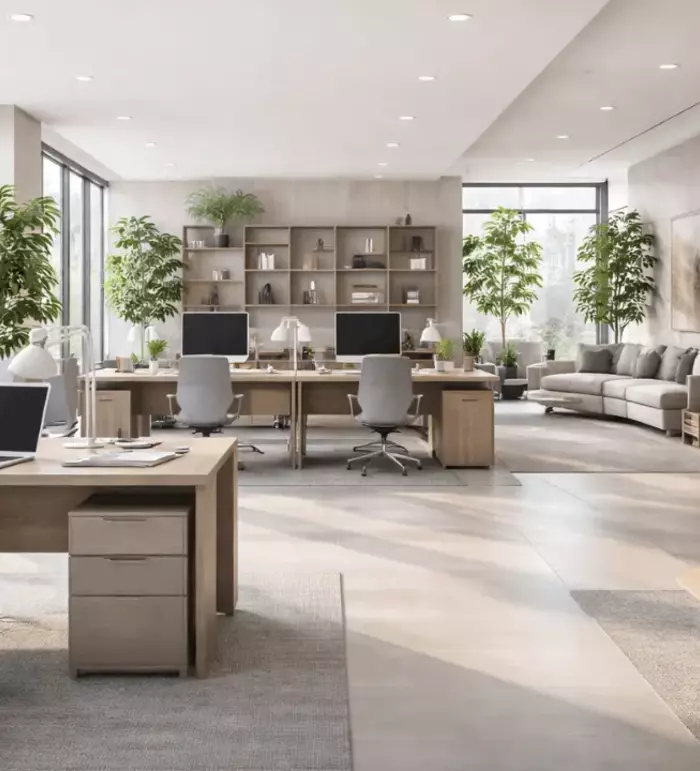
8 Ways To Make Your Office Feel More Spacious Instantly
A small office can be productive, calm, and good-looking, but only if it is set up to support how people move and work. When it isn't, the sam...
- Flexioffices Team
- 21 January 2026
- Business Continuity
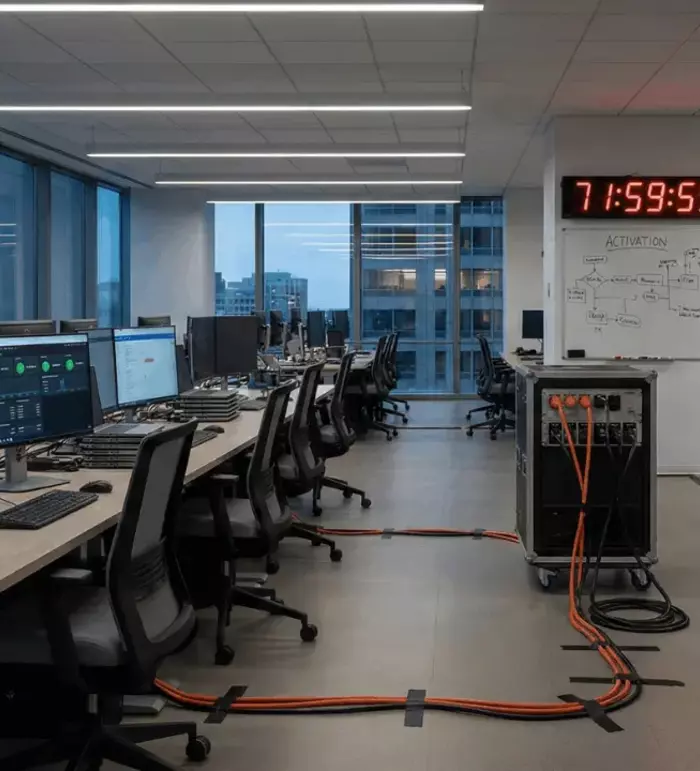
Disaster Recovery Offices: How To Be Back Up in 72 Hours
When an incident knocks out your usual workplace, time goes strange. One hour feels like a day, and a day can disappear in meetings that lead ...
- Flexioffices
- 16 January 2026
- Area Guides
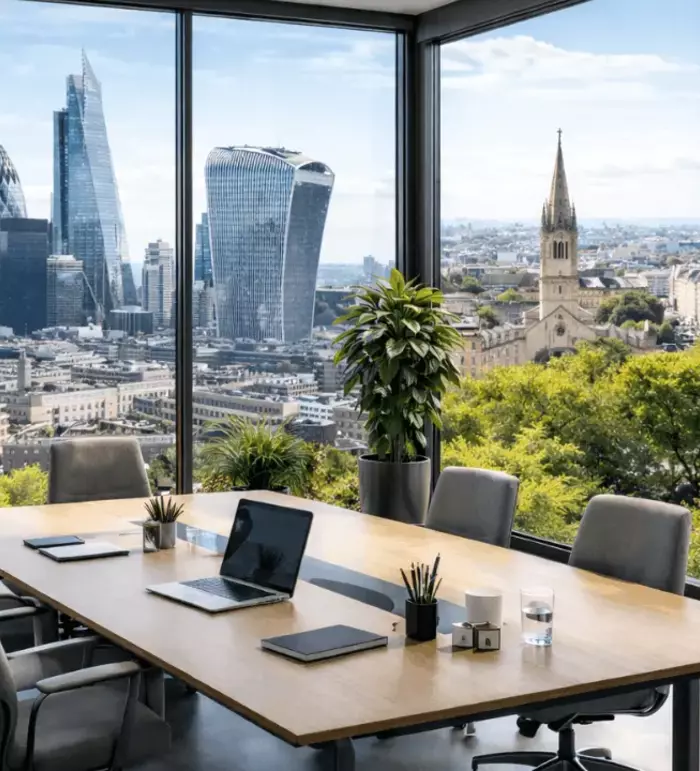
City vs West End for Professional Services HQs
Choosing between the City and the West End is not just a property decision. For many firms, it affects hiring, client confidence, and how work...
- Flexioffices
- 14 January 2026
- Office Relocation, Strategy & Planning
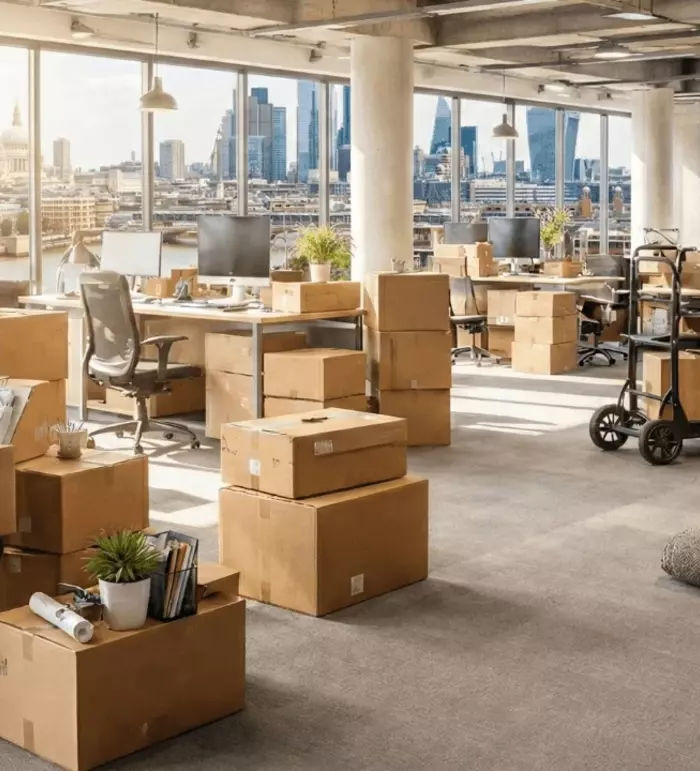
How Long Does It Take to Move Offices?
Moving offices sounds like a single event, but it is really a chain of decisions, approvals, and lead times. Some parts are in your control, l...
- Flexioffices Team
- 7 January 2026
- Flexible Office Space
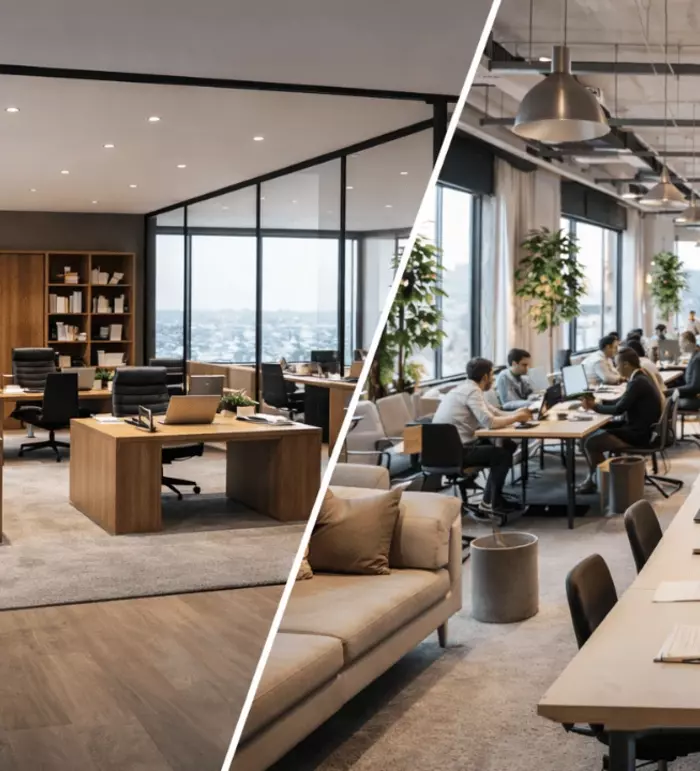
Private Office vs Coworking: Why Professionals Are Switching
Coworking had a clear promise: turn up with a laptop, meet people, and get work done without the hassle of a lease. For many freelancers and e...
- Flexioffices Team
- 17 December 2025
- Fit-Outs, Office Relocation
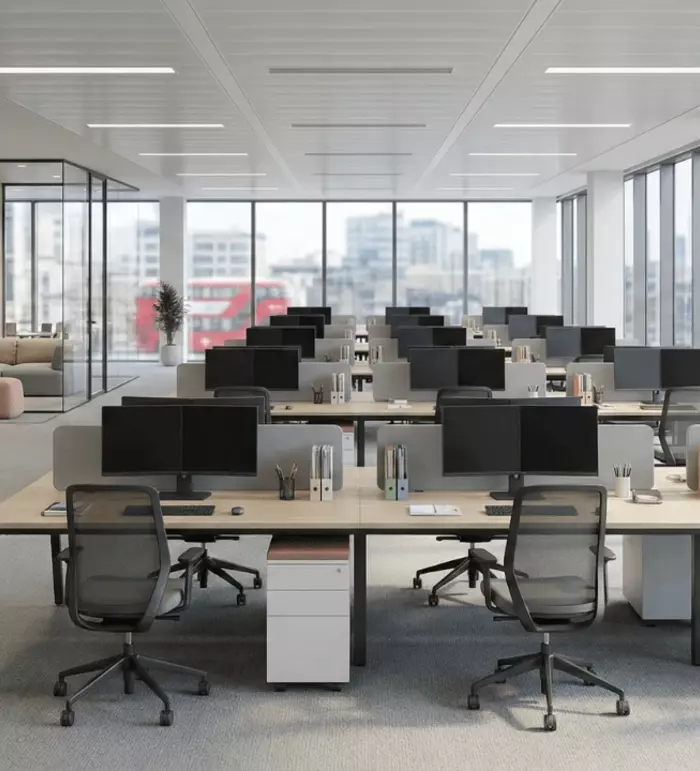
CapEx vs OpEx funding your next office fit-out
Office moves feel like a property job, but they are really a finance job in disguise. The way you fund your next space shapes how fast you can...
- Flexioffices Team
- 8 December 2025
- Market Reports & Statistics, UK Office Market
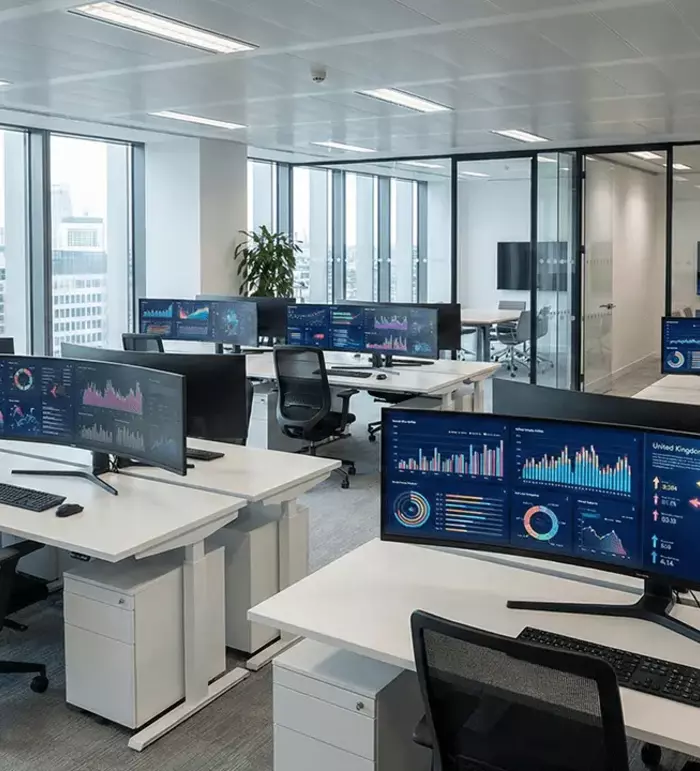
120+ UK Office Space Statistics 2025: The Market Report
1. Why office space statistics matter in 2025Real estate directors are under pressure to cut costs, upgrade quality and support hybrid working...
